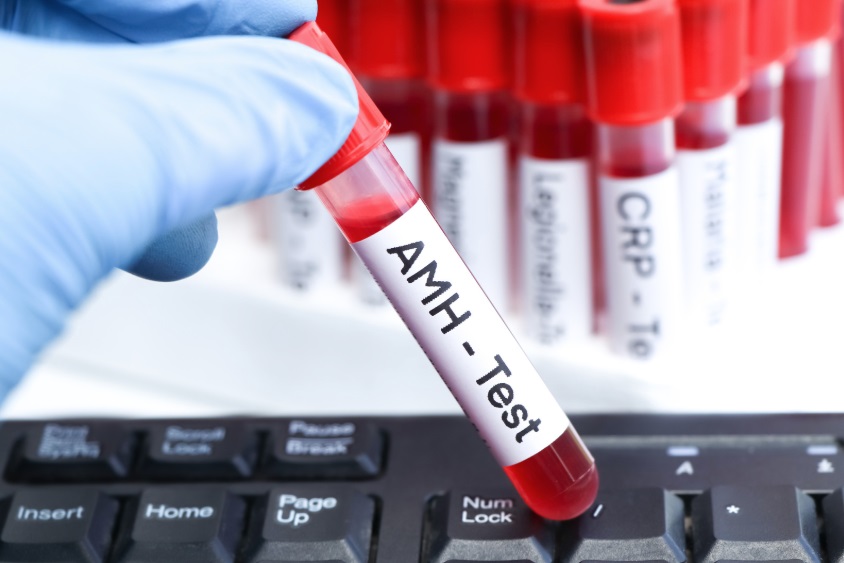
The Anti-Müllerian Hormone (AMH) is a vital marker in reproductive health, helping assess a woman’s ovarian reserve—the number of eggs available in her ovaries. Understanding AMH levels is crucial for evaluating fertility and planning for pregnancy.
A woman’s ovarian reserve refers to the number of eggs remaining in her ovaries at any given time. Women are born with approximately 1 million eggs, but this number naturally declines with age:
Since AMH directly reflects a woman’s ovarian reserve, it serves as a key marker of fertility, making it an important test for women planning to conceive.
A higher ovarian reserve increases the chances of achieving pregnancy. To assess ovarian reserve, fertility specialists use two main methods:
✅ AMH Blood Test – A simple blood test to measure AMH levels.
✅ Ovarian Ultrasound – An ultrasound to count antral follicles, which have the potential to develop into mature eggs.
These tests provide valuable insights into reproductive potential, allowing women to make informed decisions about their fertility journey.
At Sakalli IVF, we offer comprehensive fertility testing to assess your ovarian reserve and AMH levels. Our expert team provides personalized guidance to help you understand your results and plan your reproductive future with confidence.
Want to learn more about your ovarian reserve and how AMH levels impact fertility?
Contact Sakalli IVF today to schedule your consultation. We’re here to support you every step of the way on your journey to parenthood.
Copyright © Sakalli IVF. All rights reserved